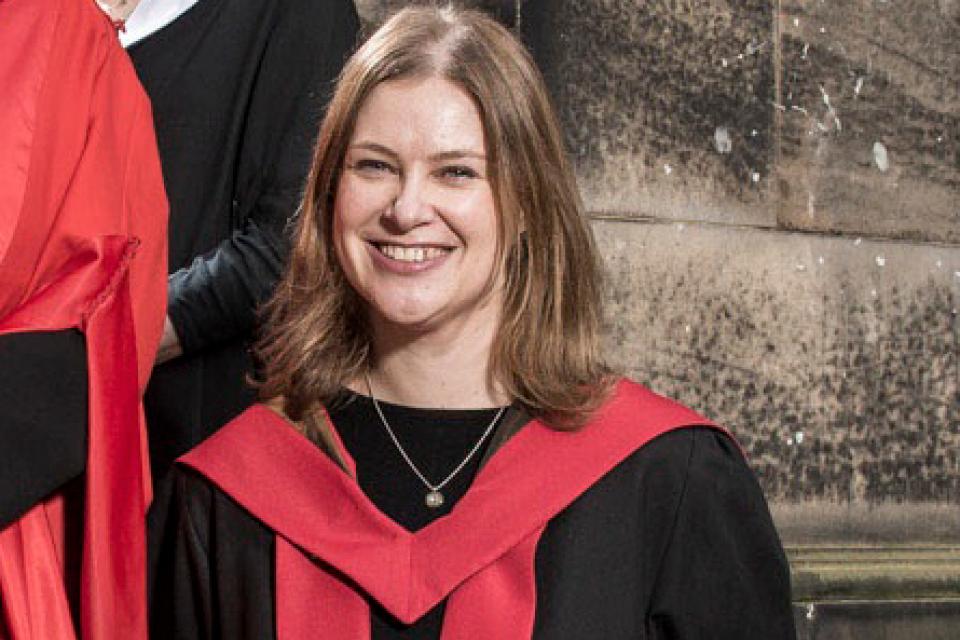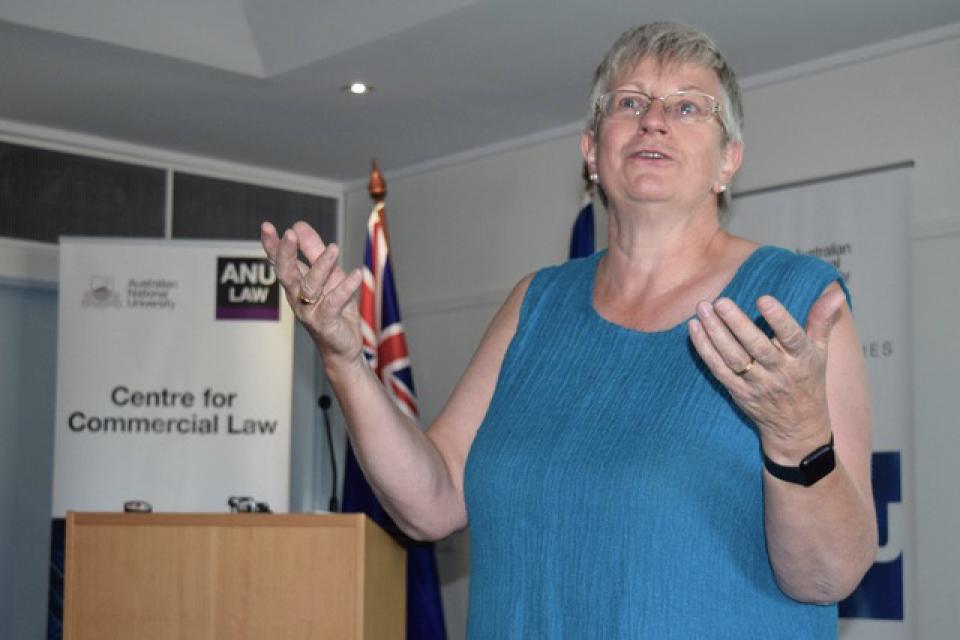Leverhulme Trust Major Research Fellowships
The Leverhulme Trust awards funding to talented individuals across academic disciplines, and the Major Research Fellowships enable distinguished researchers in the humanities and social sciences to devote themselves to projects of outstanding originality and significance.

Edinburgh Law School has a distinguished record of Leverhulme Trust Major Research Fellowships. Current award holders include; Professor Sharon Cowan, Professor Niamh Nic Shuibhne, Professor Jo Shaw, Professor Neil Walker and Professor Emilios Avgouleas.
Professor Sharon Cowan - Legally Speaking: Understanding Gender and Sex in the Shadow of Law
This project provides a crucially important and missing part of the current conundrum about how we should understand gender and sex in contemporary society. It provides the first comprehensive, in-depth analysis of law’s role in constructing gender and sex, asking: when, why and how the legal system became a central forum for contesting the meaning and salience of gender and sex in the UK. The project explores the enabling and constraining aspects of the legal regulation of gender and sex, and the impact of law’s engagement in complex gender and sex disputes on those whose rights are at stake.
View Professor Sharon Cowan's academic profile
Professor Niamh Nic Shuibhne - (Con)Founding the Union: Equal Treatment in an Unequal Europe
This project evaluates the legal framework guaranteeing equal treatment for EU citizens. It assesses whether the deceptively minimalist legal concepts that are currently applied are adequate to cope with the diverse problems that citizens who exercise free movement rights face in realitly. Fundamentally, the project explores whether a move away from insistence upon the uniform application of EU law might, counter-intuitively, advance the level of equal protection actually enjoyed by EU citizens.
View Prof Niamh Nic Shuibhne's academic profile
Professor Jo Shaw - Building Citizenship Regimes: a global perspective
Building Citizenship Regimes is an ambitious attempt to explore on a global scale what policy-makers (including legislatures, the framers of constitutions and the judiciary) aim at when they frame the legal and constitutional aspects of citizenship regimes. It breaks citizenship regimes down using a new taxonomy of seven dimensions: (i) inter-state; (ii) relational; (iii) bio-political and bio-territorial; (iv) protective; (v) securitizing; (vi) distributive; and (vii) active/activist. The main objective of this project is concept-building through the exploration of these seven dimensions, with a view to establishing a new global approach to thinking about law and citizenship in combination.
View Prof Jo Shaw's academic profile
Professor Neil Walker - Law, Community and Utopia
Law and Utopia are often in tension. Defenders of the Rule of Law view utopian dismissal of legal constraints upon the pursuit of social perfection as threatening tyranny or anarchy. Yet in practice utopian projects have also relied on law as an implementation tool. This 'instrumental' use of law is increasingly evident today in contrasting but linked developments; in transnational visions of the Good Life, and in national 'populist' projects reacting against these 'distant' visions. The project examines the roots of these developments, and asks whether law's vital (and prior) power-constraining function is jeopardised by the turn to utopian legal instrumentalism.
View Prof Neil Walker's academic profile
Professor Emilios Avgouleas - Building A New Social Contract For Finance
The time has come to build a new social contract for financial markets which should focus on economic and social development embracing sustainability. To do so policymakers must curb the domination of finance by a small number of large financial institutions and Big Tech companies. Decentralised finance (DeFi) could potentially offer a viable alternative route to foster the development of ethical and social markets, since it remains unaffected by intermediary power. This project explores the possible methods that regulators can employ to build appropriate governance norms for DeFi as a means of developing a new paradigm for financial markets.



